The training and licensing of clinical psychologists ranges from 4 year undergraduate degree plus a 4 to 6 year doctorate program. Most programs in the U.S. are PhD programs that have a strong focus on research and are typically housed in universities. There are fewer programs resulting in a PsyD (doctor of psychology), many of which are in private schools and have a greater focus on treatment. There are more students enrolled in PsyD programs overall so that both degrees are about 50/50 in terms of number of students. In the UK, those training to be clinical psychologists have to complete a Doctorate in Clinical Psychology (D.Clin.Psych.), which is a practitioner doctorate with both clinical and research components. This is a three-year full-time salaried program sponsored by the National Health Service (NHS) and based in universities and the NHS.
In the U.S., Canada and the UK the practice of clinical psychology requires a license. Although every state is somewhat different in terms of requirements and licenses, there are three common elements--a degree from an approved educational program, a minimum amount of supervised clinical experience, and passing an examination. Most states also require a certain number of continuing education credits per year in order to renew a license, which can be obtained though various means, such as taking audited classes and attending workshops.
Doctoral level training
There is stiff competition to gain acceptance into clinical psychology doctoral programs (acceptance rates of 2-5% are not uncommon). Clinical psychologists in the U.S. undergo many years of graduate training--usually 5 to 7 years post-Bachelors--in order to gain demonstrable competence and experience. Licensure as a psychologist takes an additional 1 to 2 years post PhD/PsyD (licensure requires 3,000 hours of supervised training), depending on the state (see below under licensure). Today, in America, about half of all clinical psychology graduate students are being trained in PhD programs--a model that emphasizes research and is usually housed in universities--with the other half in PsyD programs, which has more focus on practice (similar to professional degrees for medicine and law). Both models envision practising Clinical Psychology in a research-based, scientifically valid manner, and are accredited by the American Psychological Association and many other English-speaking psychological societies. APA accreditation is very important for U.S. clinical psychology programs and may affect employment prospects and licensure after one graduates.
Mean debt related to doctoral education in clinical psychology currently exceeds $80,000, according to the 2011 Association of Psychology Postdoctoral and Internship Centers (APPIC) match survey, and 44% of graduates accrue over $100,000 in debt. There is currently a significant internship crisis affecting U.S. clinical psychology programs for the past 10 years.
Doctorate (PhD and PsyD) programs usually involve some variation on the following 5 to 7 year, 90-120 unit curriculum:
How Many Years For A Psychology Degree Video
Masters level training in the U.S.
There are a number of U.S. schools offering accredited programs in clinical psychology resulting in a Masters degree. Such programs can range from 48 to 84 units, most often taking 2 to 3 years to complete post-Bachelors. Training usually emphasizes theory and treatment over research, quite often with a focus on school or couples and family counseling. Similar to doctoral programs, Masters-level students usually must fulfill time in a clinical practicum under supervision; some programs also require a minimum amount of personal psychotherapy. While many graduates from Masters-level training go on to doctoral programs, a large number also go directly into practice--often as a Licensed Professional Counselor (LPC), Marriage and Family Therapist (MFT) or other similar license.
Other related licenses open to Masters-level graduates in the U.S. include: Marriage and Family Therapist (MFT), Licensed Professional Counselor (LPC), and Licensed Psychological Associate (LPA).
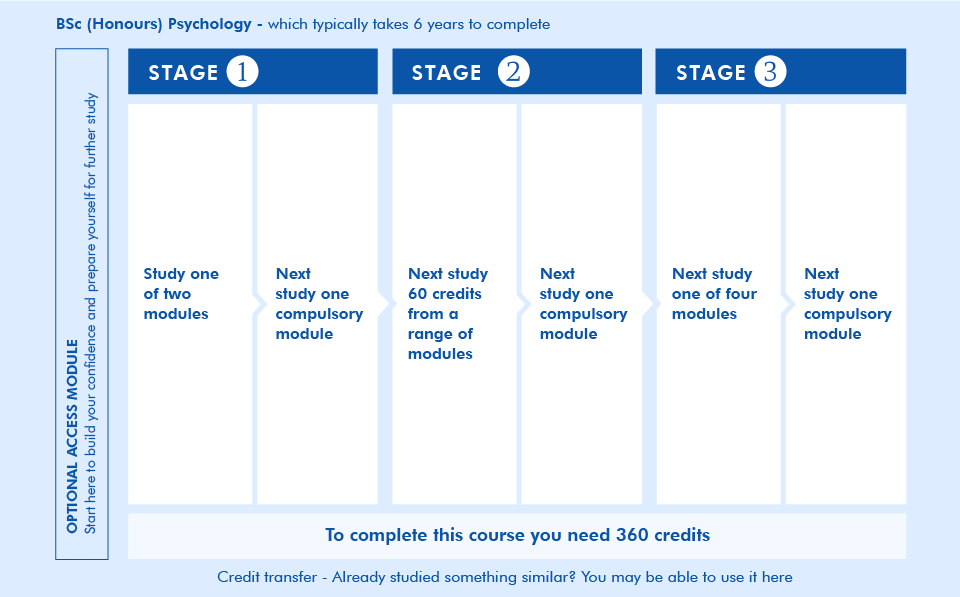
Training in the UK
In the UK, clinical psychologists undertake a Doctorate in Clinical Psychology (D.Clin.Psych., Clin.Psy.D. or similar), which is a doctorate with both clinical and research components. This is a three-year full-time salaried program, provided by 30 centres across the UK, sponsored by the National Health Service (NHS). These clinical psychology doctoral degrees are accredited by the British Psychological Society and the Health Professions Council (HPC). Entry into these programs is highly competitive, and requires at least a three-year undergraduate degree in psychology, plus some form of experience, usually in either the NHS as an Assistant Psychologist or in academia as a Research Assistant. More information about the path to training in the UK can be found at the central clearing house for clinical psychology training applications, and at www.ClinPsy.org.uk where questions can also be answered on the forum, which is run by qualified UK clinical psychologists.
In the UK there are currently protected 'psychologist' titles. These are: o Practitioner psychologist o Registered psychologist o Clinical psychologist o Counselling psychologist o Educational psychologist o Forensic psychologist o Health psychologist o Occupational psychologist o Sport and exercise psychologist
The public can check whether a psychologist is registered on the Health Professions Council website (http://www.hpc-uk.org), which would prove they are genuine. It is compulsory for a psychologist to register with the Health Professions Council in order to practice using one of the protected titles in the United Kingdom. The terms 'clinical psychologist' and 'counselling psychologist' cannot be used legally by any member of the public for any purpose, unless that person is registered with the Health Professions Council.
Clinical Psychologists are required to be licensed in the UK in order to practice. It is a requirement to be a member of the Health Professions Council in order to practice.

Professional practice
Clinical psychologists can offer a range of professional services, including:
In practice, clinical psychologists may work with individuals, couples, families, or groups in a variety of settings, including private practices, hospitals, mental health organizations, schools, businesses, and non-profit agencies. Most clinical psychologists who engage in research and teaching do so within a college or university setting. Clinical psychologists may also choose to specialize in a particular field--common areas of specialization, some of which can earn board certification, include:
Licensure
The practice of clinical psychology requires a license in the United States, Canada, the United Kingdom, and many other countries. Although each of the U.S. states is somewhat different in terms of requirements and licenses (see [2] and [3] for examples), there are three common elements:
All U.S. state and Canada province licensing boards are members of the Association of State and Provincial Psychology Boards (ASPPB) which created and maintains the Examination for Professional Practice in Psychology (EPPP). Many states require other examinations in addition to the EPPP, such as a jurisprudence (i.e. mental health law) examination and/or an oral examination. Most states also require a certain number of continuing education credits per year in order to renew a license, which can be obtained though various means, such as taking audited classes and attending approved workshops.
There are professions whose scope of practice overlaps with the practice of psychology (particularly with respect to providing psychotherapy) and for which a license is required.
- Psychologist. To practice with the title of Psychologist, in almost all cases a Doctorate degree is required (a PhD or PsyD in the U.S.). Normally, after the degree, the practitioner must fulfill a certain number of supervised postdoctoral hours ranging from 1,500-3,000 (usually taking 1 to 2 years), and passing the EPPP and any other provincial exams.
- Marriage and Family Therapist (MFT). An MFT license requires a Doctorate or master's degree. In addition, it usually involves 2 years of post-degree clinical experience under supervision, and licensure requires passing a written exam, commonly the National Examination for Marriage and Family Therapists which is maintained by the American Association for Marriage and Family Therapy. In addition, most states require an oral exam. MFTs, as the title implies, work mostly with families and couples, addressing a wide range of common psychological problems. Some jusrisdictions have exemptions that allow marriage and family therapy to be practiced without meeting the requirements for a license. That is, they offer a license but do not require that marriage and family therapists obtain one.
- Licensed Professional Counselor (LPC). Similar to the MFT, the LPC license requires a Masters or Doctorate degree, a minimum number of hours of supervised clinical experience in a pre-doc practicum, and the passing of the National Counselor Exam. Similar licenses are the Licensed Mental Health Counselor (LMHC), Licensed Clinical Professional Counselor (LCPC), and Clinical Counselor in Mental Health (CCMH). In some states, after passing the exam, a temporary LPC license is awarded and the clinician may begin the normal 3000-hour supervised internship leading to the full license allowing for the practice as a counselor or psychotherapist, usually under the supervision of a licensed psychologist. Some jusrisdictions have exemptions that allow counseling to be practiced without meeting the requirements for a license. That is, they offer a license but do not require that counselors obtain one.
- Licensed Psychological Associate (LPA) About twenty-six states offer a Masters-only license, a common one being the LPA, which allows for the therapist to either practice independently or (more commonly) under the supervision of a licensed psychologist, depending on the state. Common requirements are 2 to 4 years of post-Masters supervised clinical experience and passing a Psychological Associates Examination. Other titles for this level of licensing include Psychological Technician (Alabama), Psychological Assistant (California), Licensed Clinical Psychotherapist (Kansas), Licensed Psychological Practitioner (Minnesota), Licensed Behavioral Practitioner (Oklahoma), Licensed Psychological Associate (North Carolina)or Psychological Examiner (Tennessee).
- Licensed behavior analysts
In the UK registration as a clinical psychologist with the Health Professions Council (HPC) is necessary. The HPC is the statutory regulator for practitioner psychologists in the UK.
In the UK the following titles are restricted by law: "registered psychologist" and "practitioner psychologist"; in addition the specialist title "clinical psychologist" is also restricted by law. The title of "Assistant Psychologist" is used by a psychology graduate under the supervision of a qualified clinical psychologist, and the title "Trainee Clinical Psychologist" is used during the three-year doctoral program.
Are You Looking for Products
Here some products related to "Training And Licensing Of Clinical Psychologists".
The Serial Killers: A Stu..
Thinking, Fast and Slow: ..
The Chakras (Book 7) - So..
The Principles of Psychol..
Get these at Amazon.com* amzn.to is official short URL for Amazon.com, provided by Bitly
Source of the article : here
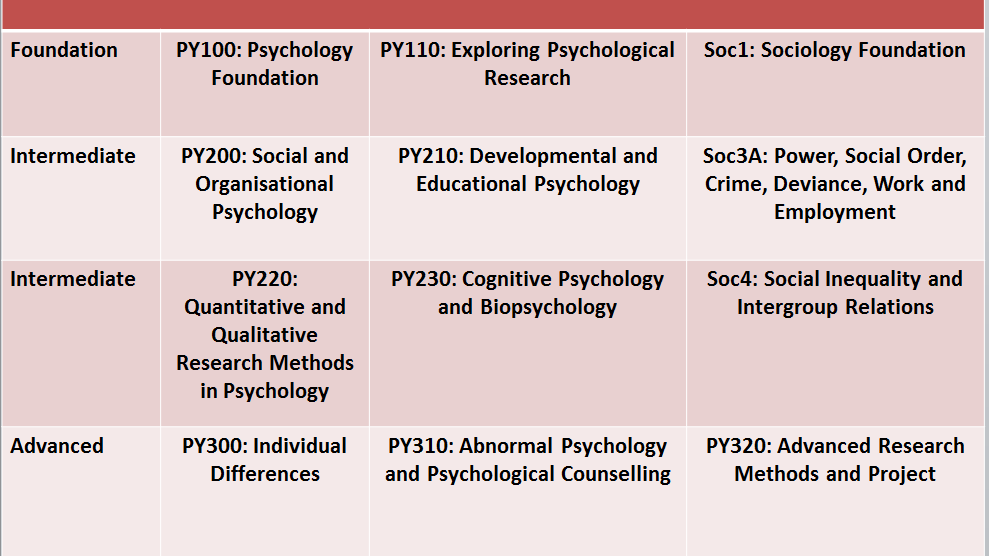

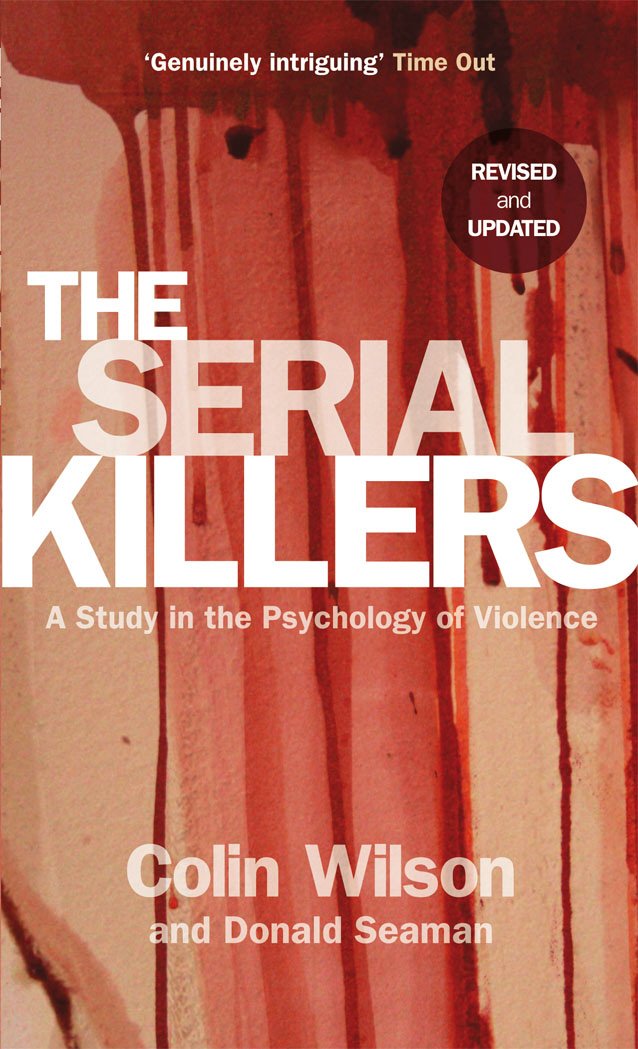
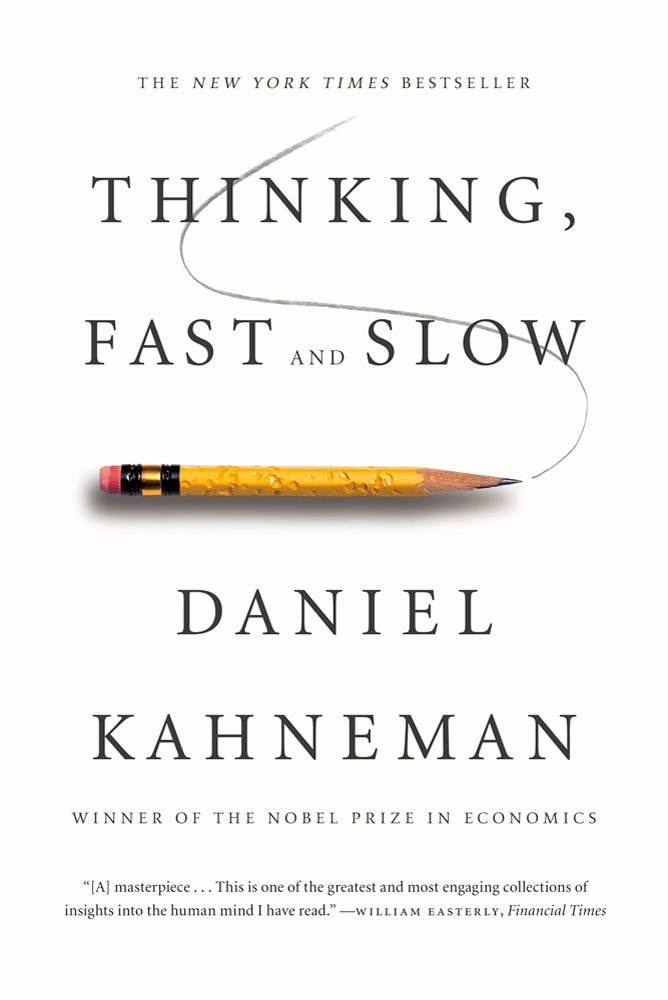
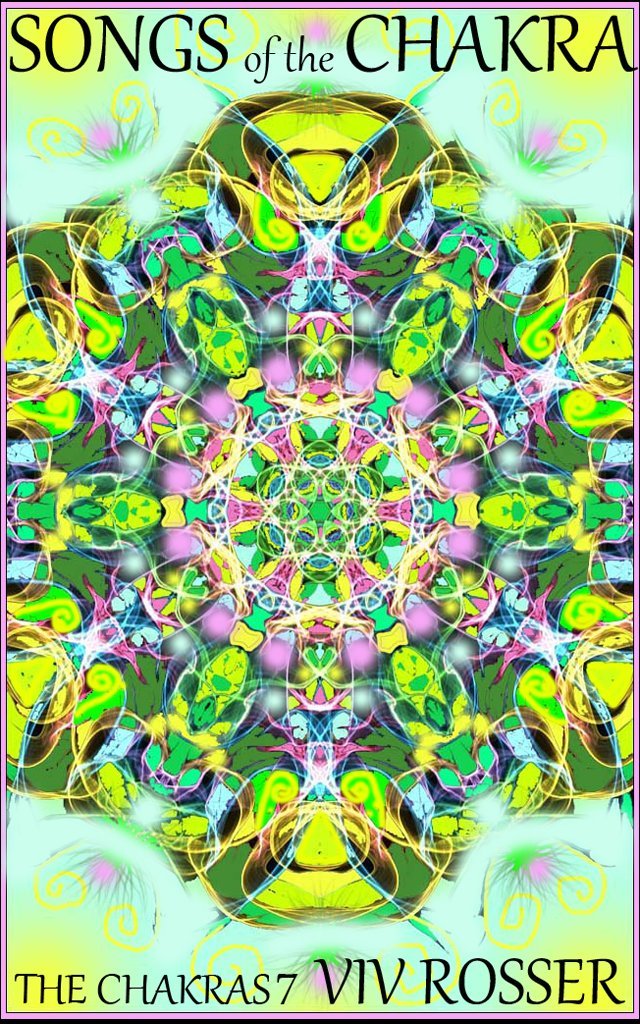
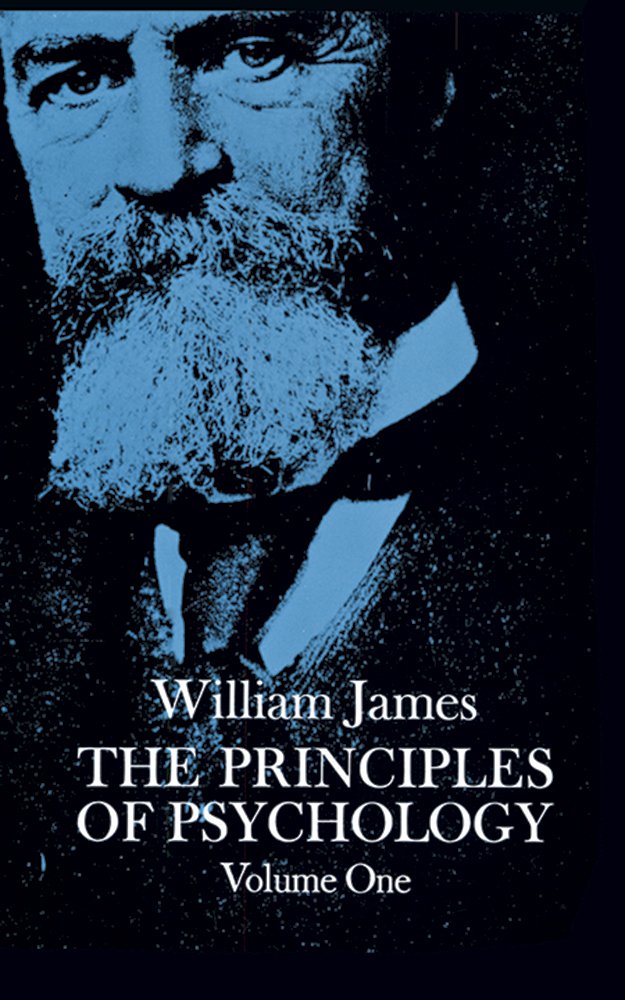
EmoticonEmoticon